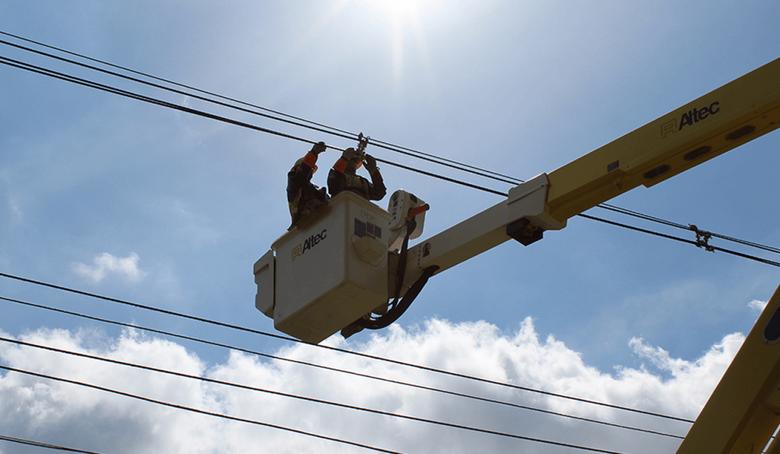
RELIABLE UTILITY INVESTMENT

By Nevelyn Black Writer Independent
ENERGYCENTRAL - As the weeks turn into months, post-pandemic concerns are mounting. Despite the current climate, analyst believe utility companies are still a safe bet for investors. Barring recent events, (PG&E) utility companies are still a reliable investment. The nature of the business typically provides stability and long-term returns. Utilities, in general, are exceptional businesses with strong cash flow and sustainable dividends. Keith Bowman, investment analyst at Interactive Investor, says that many utility companies, have policies committed to growing the dividend at inflation or above, making them very attractive to investors. In the case of utilities, regional monopolies with regulated rates are not a bad thing. As monopolies, utilities have little competition and regulated rates ensure steady profit margins when all goes smoothly. Ryan Hughes, head of active portfolios at AJ Bell, says: 'Utilities have long been known for being stable businesses paying reliable dividends and in times of market volatility have proved their worth.' Lately, though, it’s not business as usual.
In the UK, the National Grid warned in its results that profits would be hit by £400million (nearly $500 million US) due to a combination of COVID-19 complications there and here in the states. Another concern is the growing number of customers unable to pay their energy bill. Utilities have continued “no disconnection policies” and permitted extensions for customers unable to pay their bill at this time. To compensate, utility companies are allowed to charge extra to cover potential bad debts. If a utility isn’t making enough money, the local municipality will permit them to raise rates or if necessary, the city will sell bonds to finance the utility.
In the U.S., Duke Energy Corporation, Brookfield Infrastructure Partners, and NextEra Energy ranked high as safe investments. Duke Energy serves the Carolinas, Florida and parts of the Midwest. The utility is also well diversified, using coal, hydroelectric, natural gas, oil, renewable sources, and nuclear fuel to generate electricity. Headquartered in Toronto, Canada, Brookfield Infrastructure Partners operates several utilities and utility-like businesses that generate predictable cash flow. Also, high on the list is Florida’s NextEra Energy. The utility owns a non-regulated competitive energy business that generates predictable income backed by long-term, fixed-rate contracts. Successfully combining predictable profitability and income generation makes utilities a lower-risk option for investors. How can utilities stay profitable and attractive to investors when the cost to build and maintain infrastructure is so high?
Adaptability could be the answer. One approach is to accept a new normal. Strategies suggested by global management consulting firm, McKinsey & Company, are (1) Resolve to meet the immediate issues, (2) Resilience to meet critical operational demands and to cope with the financial impact of the crisis. (3) Return, by bringing workers back safely. (4) Reimagine and reinvent current operating models. (5) Reform operating environments. Utility companies’ profitability and adaptability will determine how companies invest. However, the long-term effects of the pandemic are still unknown but some say that “next to insurance, utilities are a slam-dunk business for any long-term investor.”
-----
This thought leadership article was originally shared with Energy Central's Utility Management Community Group. The communities are a place where professionals in the power industry can share, learn and connect in a collaborative environment. Join the Utility Management Community today and learn from others who work in the industry.
-----








